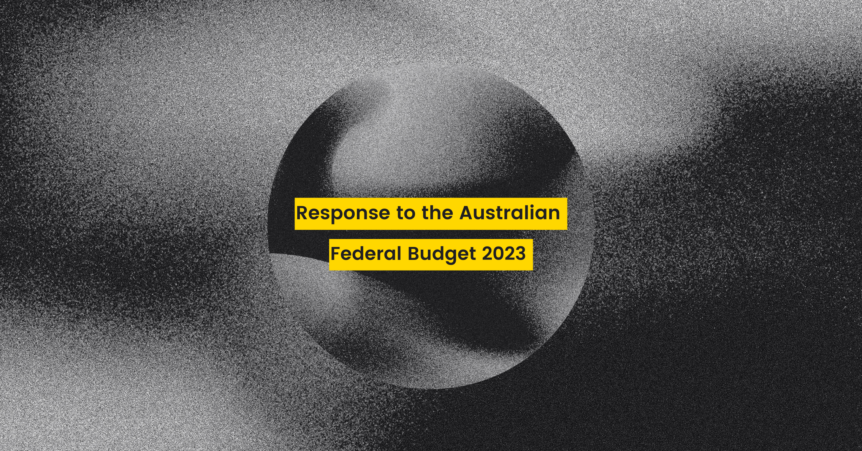The Australian Injecting and Illicit Drug Users League (AIVL) is excited that the Australian Department of Health has moved to reform the ODTP system in Australia. Listening to the voice of our community, on 9th May 2023, the Australian Government committed $377.3 million over 4 years, with a further $98.4 million ongoing per year, to fund opioid dependence treatment (ODT) in community pharmacies and other health settings that use the Pharmaceutical Benefits Scheme (PBS).
AIVL Chief Executive Officer (CEO) John Gobeil welcomed the announcement: “AIVL, our state and territory organisations who represent people who use drugs, and many other allied organisations have been fighting for these changes for decades. We are grateful the government listened to our community and agreed to many of our suggested reforms.”
Currently, ODT medications are the only PBS medications for which Australians must pay a daily unregulated fee of up to $15 for dispensing/administration and do not have access to the PBS safety net. This is clearly inequitable and has exacerbated marginalisation among a highly stigmatised group of healthcare consumers for many years. Beginning 1st July 2023, all ODT medications including methadone and buprenorphine, administered in oral and sub-lingual forms or as depot injections will be legislated through the PBS Community Access scheme. This means people who receive ODT medications will no longer pay a daily fee, but rather a fee per script or per 28 days whichever is shorter.
The legislation ensures:
- ODT costs for consumers across Australia will be consistent and regulated by the federal government as part of the PBS Community Access program under an S100 schedule.
- People accessing ODT through PBS providers will pay the standard PBS gap payment for their medication script ($7.30 for Health Care Card holders or up to $30 for people with a Medicare card only).
- Payments made for ODT will count towards the PBS safety net.
Although this is a major step towards equitable access to these medications, AIVL points out that the short timeframe for implementing these changes will be challenging. We also note that communication of these changes to the community and to service providers is essential to make sure treatment access and choice are maintained and expanded. Additionally, some aspects of the funding and legislation are not yet clear such as how the changes will affect people who access these medications in settings such as private clinics which don’t utilise the PBS system.
AIVL notes there are other barriers to ODT that are not addressed by the funding. There is only a small percentage of GPs who prescribe ODT, and it is important to implement mechanisms to increase the uptake of ODT prescribing. Additionally, of the small number of current prescribing GPs, a small handful (10%) are responsible for prescribing to the vast majority (80%) of people on this treatment making ongoing access difficult, especially for areas with ageing or poor GP coverage. This is an ongoing and precarious situation.
In conclusion, AIVL CEO John Gobeil noted the allocated funding as “a critically important step towards health equity for our community, showing people who use drugs that we are not second-class citizens. We will continue to work with the government, the health sector and our community to achieve increased healthcare access and choice and promote human rights and social justice for our community.”

